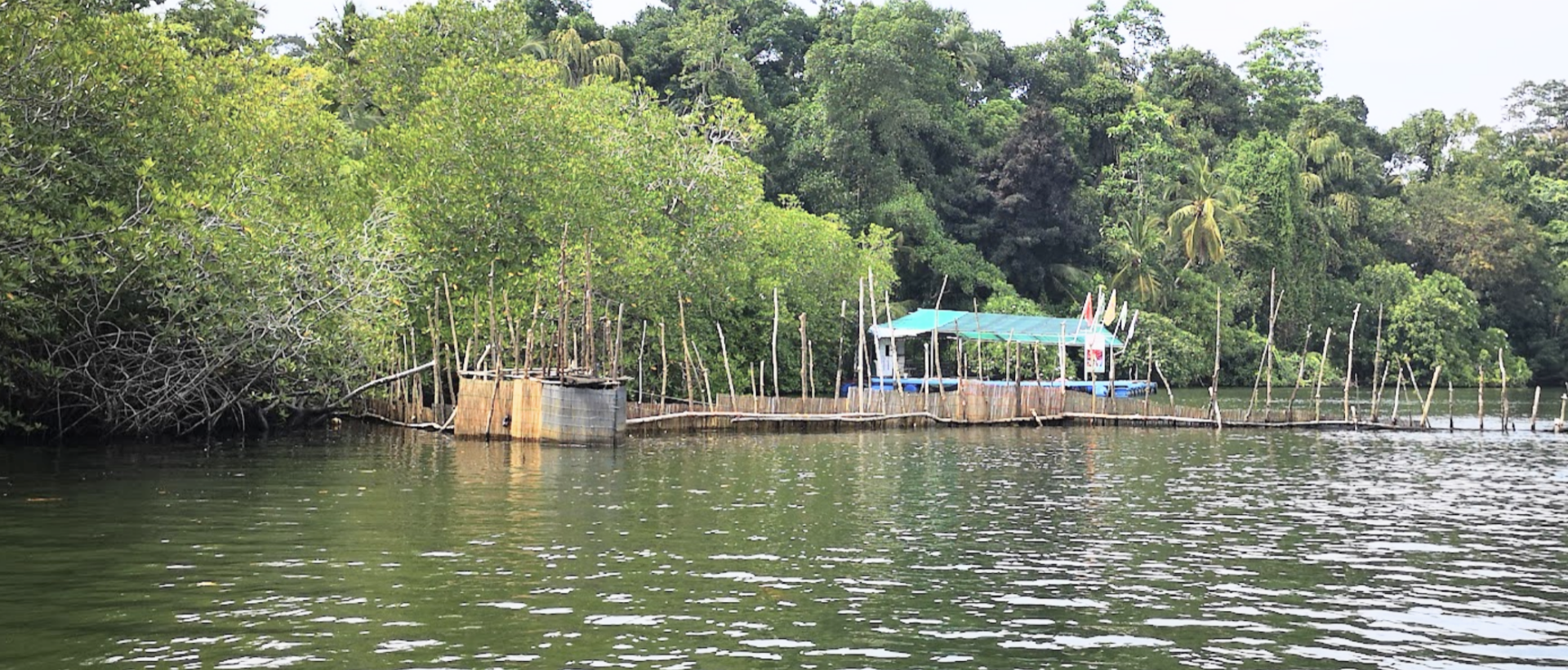
MOOC: Auditing Water Issues
3.5. Division of tasks between different institutions, e.g. municipalities, inspectorates (examples of different states)
Water management can be organised in different ways. There is no uniform system for dividing tasks between institutions. The setup of the system depends for example on the size of the country (e.g. whether there are separate regions), on natural conditions (one or more river basins, availability of groundwater) and on the types of main industries using water (e.g. are there excavations where groundwater has to be bumped out).
This section will present examples of the distribution of tasks from Austria and Cyprus.
Division of tasks in Austria
In Austria, there is a single federal water law, which has to be executed by all provinces and communities. This law includes all requirements and implementations of the EU Water Framework Directive. It regulates ownership and the use of water, protection of water and water bodies, water-related planning, hydrography, permissions, and the standards for establishing and running associations dealing with water and wastewater. It contains a water governing system (proceedings) and a supervision system, which is in force all over Austria.
Giving permission to build facilities is in the competence of the provinces, while special competencies fall under the Federal Ministry for Sustainability and Tourism’s authority (e.g. border waters, large facilities like dams, management measures for two or more provinces, the Danube River).
Communities and municipalities are responsible for water supply and sewerage services but are free to choose between self-provision (direct management) and delegation to enterprises. If enterprises are involved, they are owned by communities, as water management is considered to be a public task in Austria. The communities can also form associations, which are self-financing institutions, for the construction and financing of water infrastructure. These associations can be established by the unanimous decision of all interested parties and subsequent approval by the supervisory authority or be enforced by the Federal Ministry for Sustainability and Tourism.
Usually the transport systems for water and sewage are owned by the communities, but they can also be transferred to the associations.
The legal framework for charging for services is based on federal laws, which are executed in detail through the laws of the provinces. The charging is done by the communities as far as it concerns water supply and wastewater disposal. The authorities are required to apply the principle of cost recovery (including the costs of financing) and to make no profit except to save for maintenance and restoration investments. Charges are dependent upon the metered consumption (partly with progressive charges) of water. For wastewater the charges are usually based on the use of water, although there are provinces which also include the size of the site and the buildings. Big dispensers (e.g. industrial plants) must build facilities of their own to meet the standards of communal wastewater or pay for the required enhancement of the communal facility.
Ecological measures (e.g. meeting the standards laid down in the WFD) must be planned and taken by the provinces, following the given requirements of the water law.
Subsidies for infrastructure are allocated at the federal level and supported by the provinces. There are entrusted enterprises and institutions that distribute money coming from the EU (e.g. for the agricultural sector as well as to build facilities). As regards infrastructure, a co-financing system including EU funds, federal money and the contributions of the provinces and communities is in place.
Division of tasks in Cyprus
In Cyprus, the Integrated Water Management Law is the primary relevant legal instrument regulating issues such as ownership, management structure, permit issues and use of water. It is complemented by the Water Protection and Management Law, which transposes the requirements of the WFD into national law, and other related legal acts. The main responsibilities related to strategic water planning and central distribution are attributed to the Water Development Department (WDD) of the Ministry of Agriculture, Rural Development and the Environment, while certain tasks relating to the monitoring of groundwater have been assigned to the Geological Survey Department of the same ministry. Actions related to the implementation of the WFD are also under the coordination of the WDD, albeit involving a number of other departments.
The construction and operation of central infrastructure works is centrally managed by the WDD, while local authorities and water councils are responsible for water distribution networks and reservoirs in their jurisdiction. Communities, municipalities and urban water councils and sewerage councils are responsible for water supply and sewerage services in their jurisdiction and operate under separate laws as regards water pricing to their consumers. Nevertheless, pricing guidelines are included in the water pricing regulations applicable to all water supply authorities. Water charges are based on metered consumption and include a fixed and a variable element, while sewerage charges are also based on water consumption.


